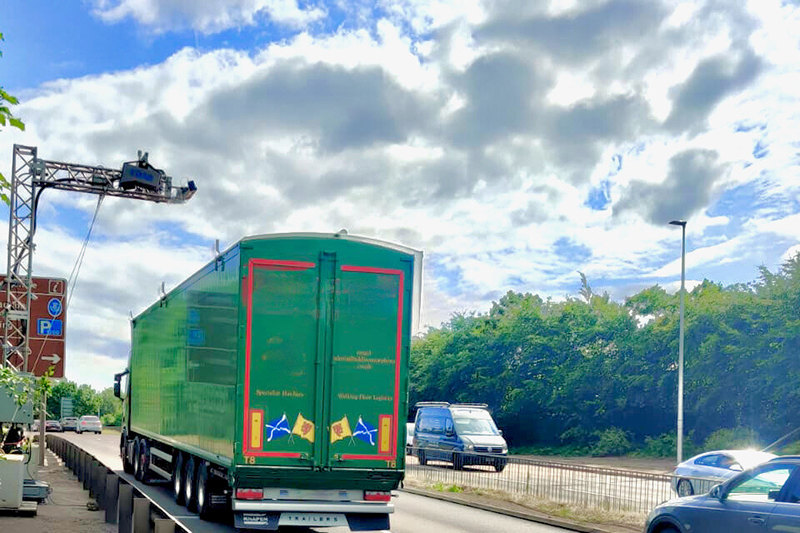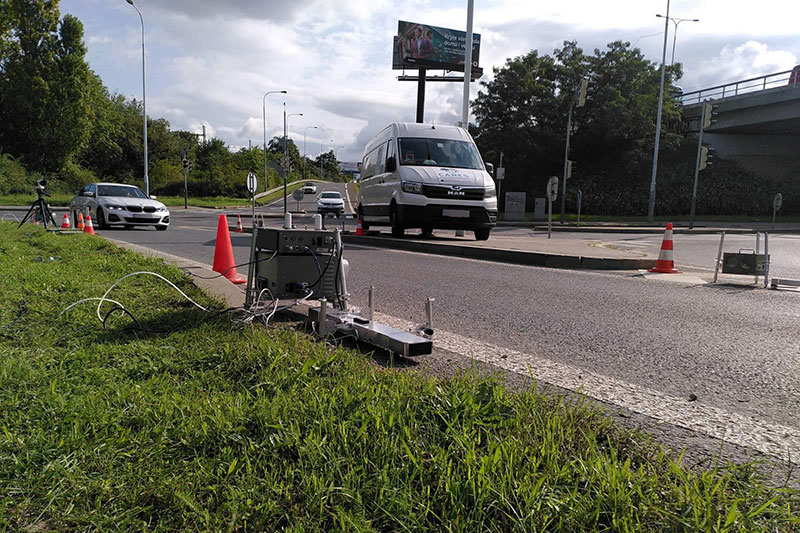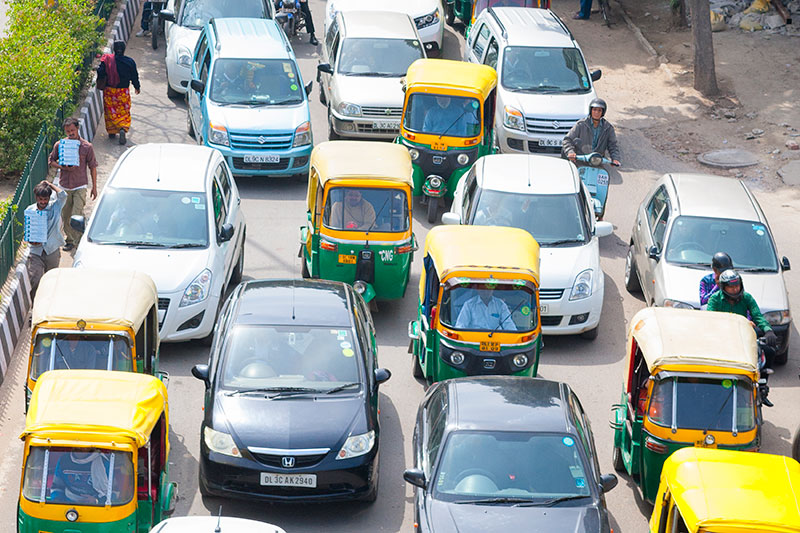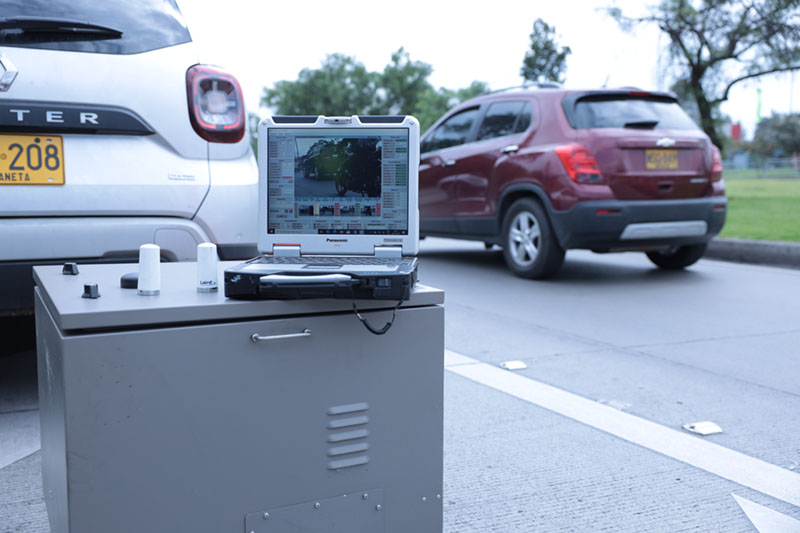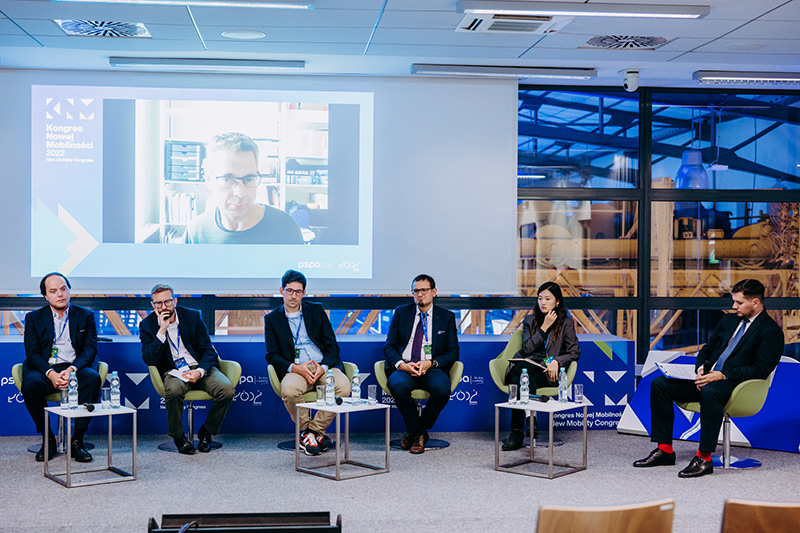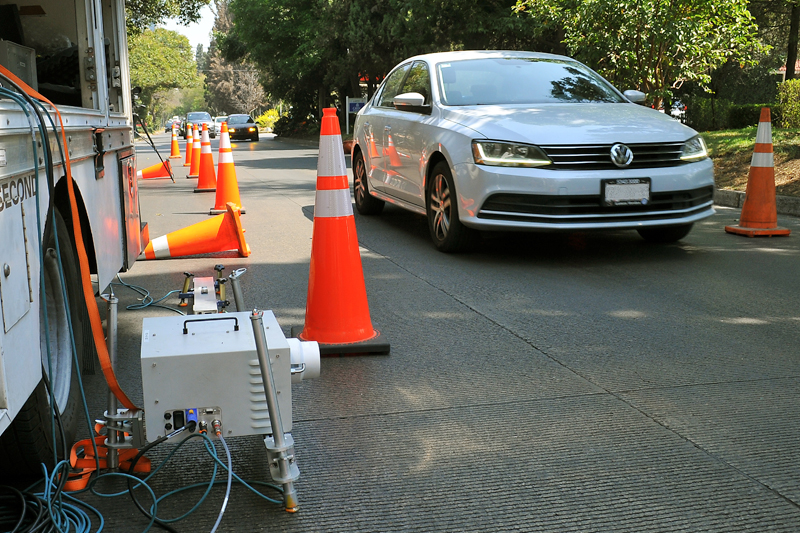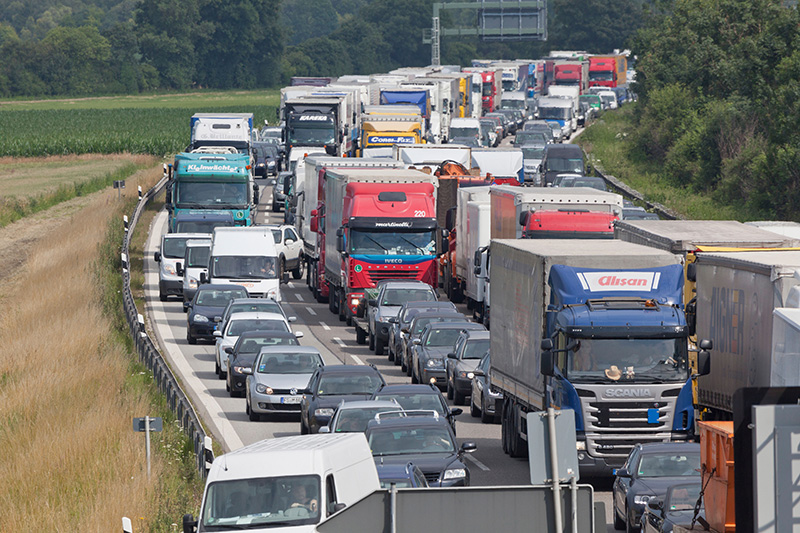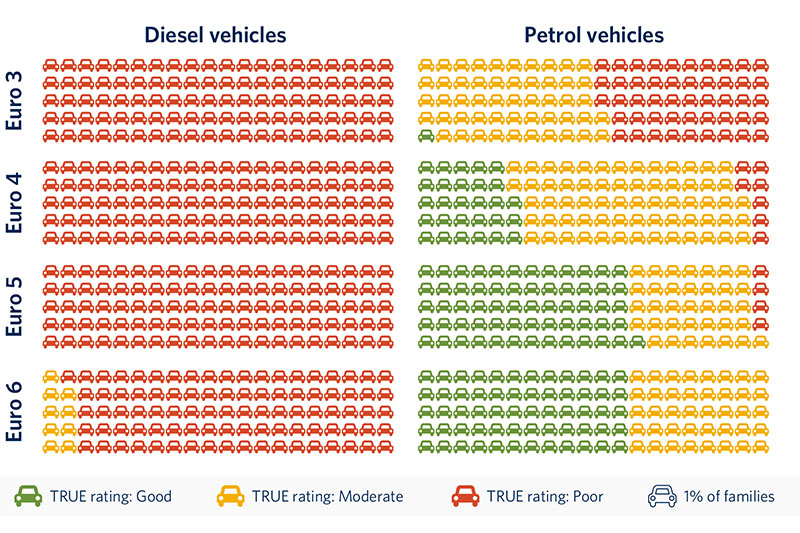Germany takes the battle for cleaner cities to a new level
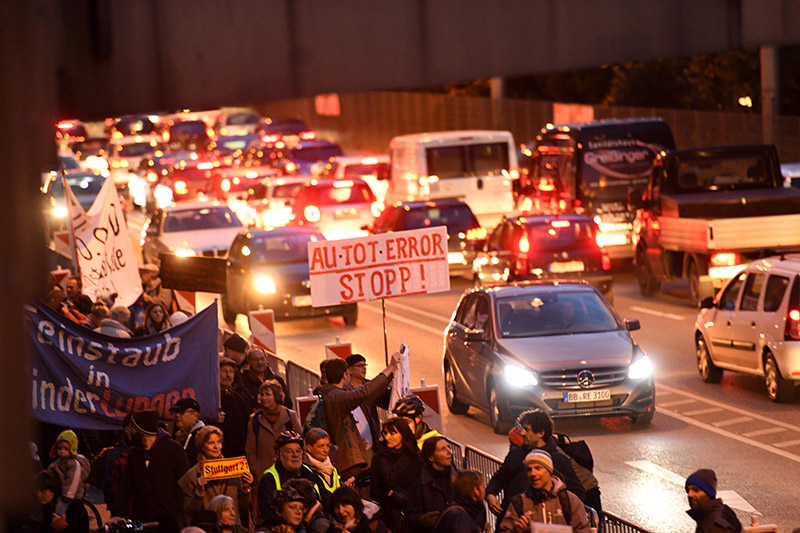
The decision to allow cities and towns to ban diesel cars from the streets, in a landmark ruling by the German courts, is a major step forward for the urban health agenda, and is welcomed by the The Real Urban Emissions (TRUE) Initiative, which is working to improve vehicle emissions in cities is technology neutral, and working to improve emissions from all vehicles.
Stuttgart may become the first city to ban diesel vehicles from it’s streets, following action by environmental group Deutsche Umwelthilfe. It is not the first time the Courts have intervened on these issues though, with the UK ‘s High Court recently ruling that the UK Government’s air pollution policy framework was ‘unlawful’ and ‘inadequate’.
Touted as the panacea to ‘dirty’ petrol vehicles, diesel was presented as the cleaner, safer, more efficient alternative, especially in relation to lower carbon dioxide emissions. Across Europe, many governments provided financial incentives by cutting tax to encourage consumers to favour diesel. At its peak in 2011, diesel vehicles made up 56% of all new cars sales.
The health costs of this change have been significant – especially in relation to nitrogen dioxide levels, which cause a range of respiratory issues. Across the E.U., nitrogen dioxide and fine-particle pollution are estimated to contribute to about 400,000 premature deaths a year, including almost 75,000 in Germany. Over 70 urban areas across the country struggle with nitrogen dioxide levels above the European Union limits. In Stuttgart – the site of the ruling – there are regular particulate-matter alarms which urge residents to leave their cars at home to reduce air pollution levels. However these issues are not unique to Germany. Here in London we have real problems with the contribution which vehicles make to poor air quality too, particularly around our schools.
The International Council on CIean Transportation (ICCT), a TRUE partner, helped to uncover the Dieselgate scandal which revealed that Volkswagon cars were being manipulated to produce far lower emissions in tests. Reports that the use of diesel cars are the only way to achieve the European 2020/2021 carbon dioxide targets has been debunked by ICCT, who have produced a range of evidence demonstrating that advanced petrol engines, as well as electric and hybrid technology, are able cut CO2 emissions faster than the latest diesel models.
All good policy depends on good data, and we would urge cities to join the TRUE project which is undertaking real world emission testing of vehicles on the streets of our cities, in order to fully understand just which vehicles they need to target. The global air quality challenge does not have a simple solution, but urban areas from across the globe can look to Stuttgart as an indication of just how serious the fight to improve air quality caused by vehicle emissions has become.
